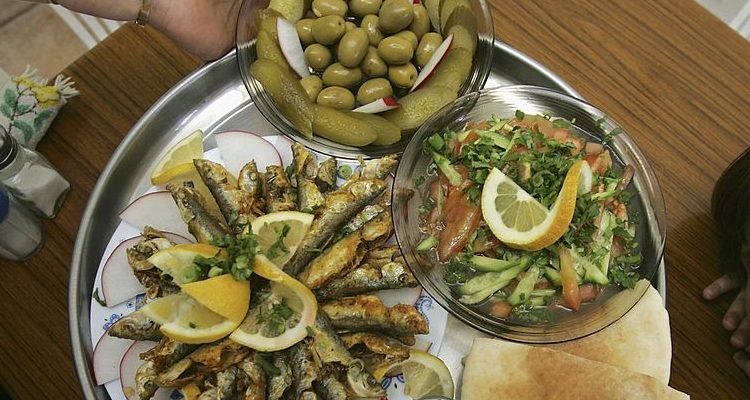
It’s no secret that the key to living longer starts with good health and healthy eating habits but did you know you can increase your chances simply by making a few simple changes in your diet? Studies show the Mediterranean diet can lead to improved heart health and life longevity.
Furthermore, it has been shown to reduce risk of other chronic diseases such as strokes, type 2 diabetes and even Alzheimer’s disease. Several major studies have shown that people adhering to the Mediterranean diet are at a much lower risk for heart disease or stroke. People following this lifestyle diet are also at a lower risk for various types of cancer.
The Mediterranean Diet and Heart Health
One Italian study completed over a seven-year span was done on patients diagnosed with vascular heart disease and cerebrovascular disease. By following the Mediterranean diet, the likelihood of mortality due to their existing health conditions decreased by 37%. A University of Alabama study has shown increasing omega-3 fatty acids, found in fish for example, reduces inflammation of the heart muscle. Once inflammation occurs, patients experiencing heart attacks often have heart failure.
Based on the everyday lifestyles of those living in the Mediterranean region, particularly Greece, Italy, and Spain, the Mediterranean Diet dictates fresh food and fat-free eating. It is based on fruits, vegetables, grain products, fish and seafood, as well as nuts. Very little red meat is consumed and herbs and spices are used to flavor the food instead of salt. It also takes into consideration of the benefits of consuming red wine in moderation.
The rules of this diet are simple. Eat seven to 10 servings of fruits and vegetables daily. Switch to whole grain bread and pasta. Have various tree nuts for snacks such as cashews, walnuts, almonds, and pistachios. Refrain from using butter or margarine and opt for olive oil or canola oil for cooking and dipping bread. Use spices and herbs. Eat fish or seafood at least once a week and red meat only twice a month. Stay away from processed meat. Limit daily products and use only low-fat ones. Red wine lovers rejoice as you can have up to five ounces daily.
Food is not the only aspect of this diet. Take into consideration the lifestyle of the region’s residents. Meals are enjoyed with family and friends, activities are done in the nearly year-round sunshine, and life appears to be a little more carefree.
This way of life was first studied and documented by Ancel and Margaret Keys in the 1970s, 20 years before it became a mainstream diet, and rising in popularity ever since. They lived this life in Italy for nearly 30 years, with Ancel living to be almost 101 years old. Many in southern Italy communities have a life expectancy age over 90. To take this one step further, most seniors in this region do not suffer from the same ailments as their Western counterparts with cataracts, bone fractures or even Alzheimer’s disease.
As it is vital to check with your physician before starting any diet program, the Mediterranean diet follows a healthy living lifestyle.
Related:
- Mediterranean Diet and Foods High in Choline: Do They Cause Heart Disease?
- Mediterranean Diet Can Reduce Bowel Cancer Risk
Sources:
“Is a Mediterranean Diet the Key to a Long Life?”, Chromatography Today web site, January 5, 2017; https://www.chromatographytoday.com/news/supercritical-fluid-sfcgreen-chromatography/45/breaking-news/pis-a-mediterranean-diet-the-key-to-a-long-lifep/41286, last accessed January 12, 2017.
Kiesler, D., “Medical Insights: Consider a Mediterranean Diet for Healthy Living”, Aiken web site; http://www.aikenstandard.com/lifestyle/medical-insights-consider-a-mediterranean-diet-for-healthy-living/article_c5ea5456-c0f1-11e6-bb09-cb45b6d5ebf9.html, last accessed January 12, 2017.
“Mediterranean Diet: A Heart-Healthy Eating Plan”, Mayo Clinic web site; http://www.mayoclinic.org/healthy-lifestyle/nutrition-and-healthy-eating/in-depth/mediterranean-diet/art-20047801?pg=1, last accessed January 12, 2017.













